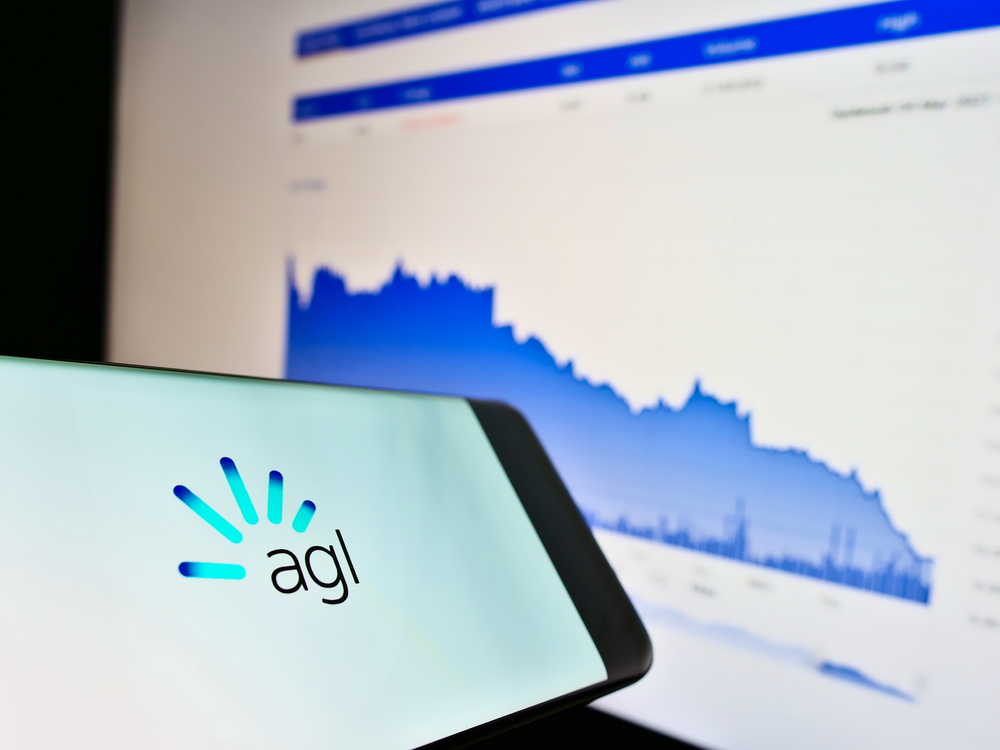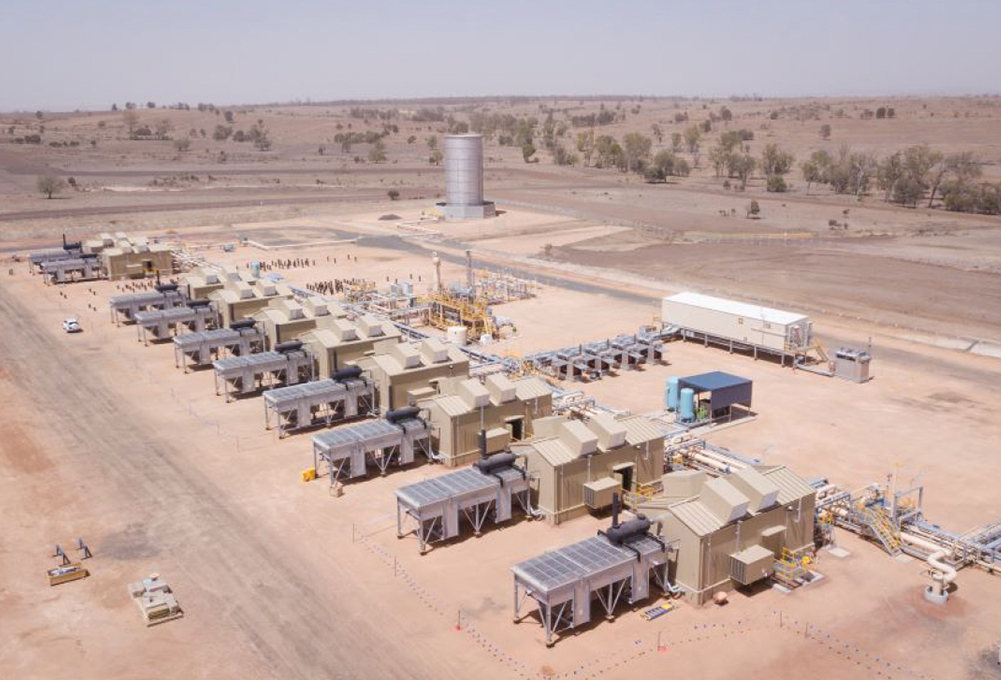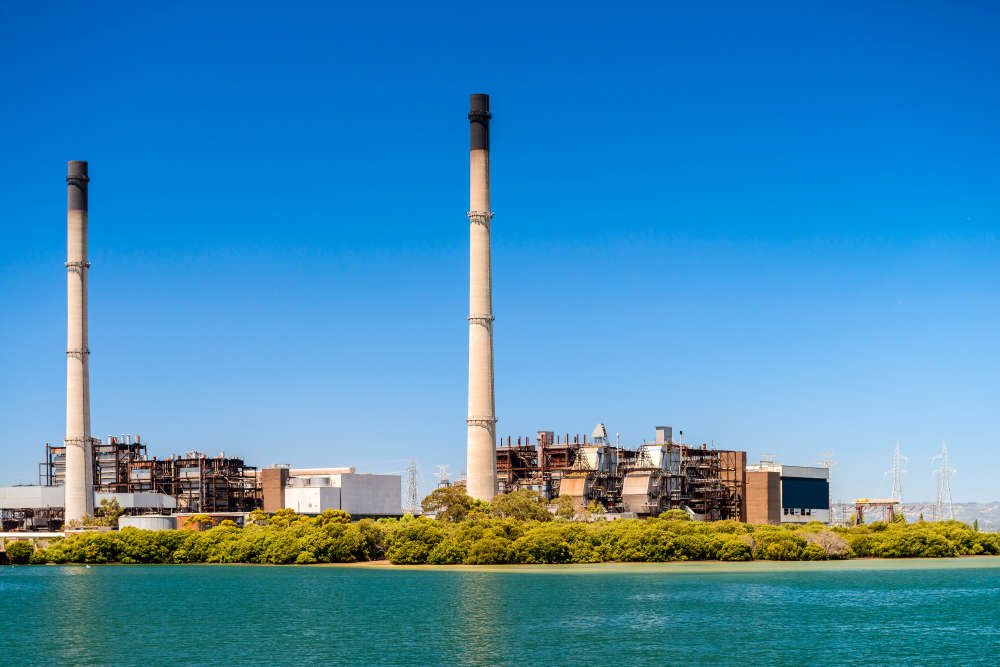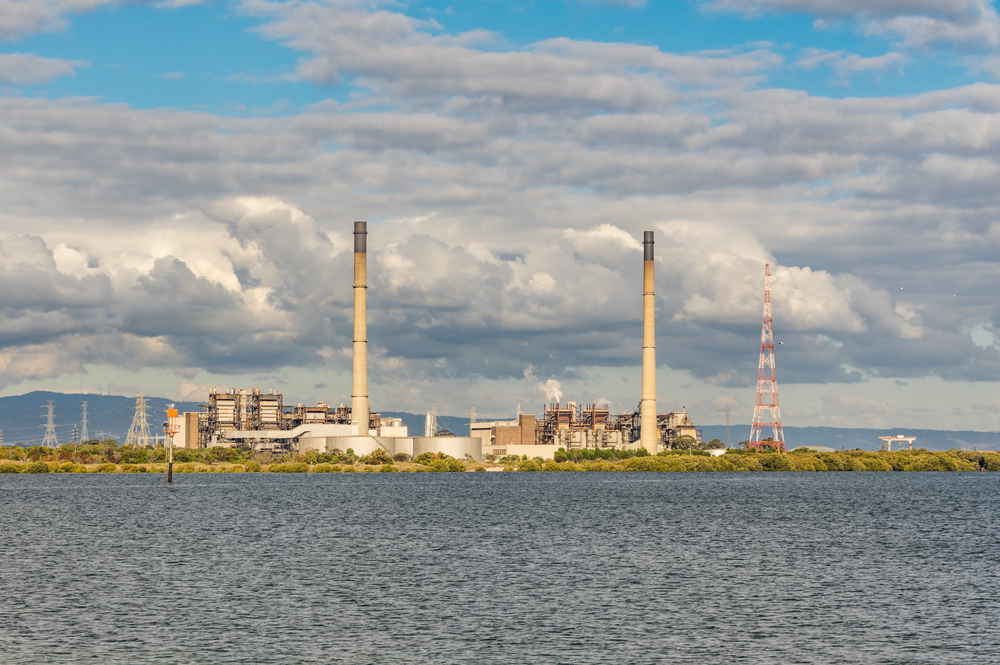
On 21 February Brookfield and Grok Ventures submitted an offer to AGL to acquire all of its shares, representing total value of A$7.50 per AGL share, implying an equity value of A$5 billion.
However, the same day the AGL Board announced it had chosen to reject the Consortium’s offer.
“The AGL Energy Board considers that the unsolicited proposal materially undervalues AGL Energy and is not in the best interests of AGL Energy shareholders,” AGL said in a shareholder letter.
The Consortium said in a statement that the offer would have represented the best long-term outcome for AGL customers and all Australians through an accelerated transition to a decarbonised economy.
The Consortium proposed a transition plan that would require approximately A$20 billion of capital to fund the transition of AGL’s generation fleet consistent with the 1.5 degree target, replacing 7 GW of capacity through a build-out of at least 8 GW of clean energy and storage, leveraging the Consortium’s access to capital, renewables development capability and deep expertise in owning and operating high-quality infrastructure.
The AGL Board is still pursuing a demerger that will create two companies that will execute their own decarbonisation plans.
However, the Consortium believes that AGL’s demerger plans present significant risks for shareholders compared to its certain cash offer with the option for equity participation.
“The pressure to fund decommissioning and energy transition with reduced balance sheet capacity will undermine investor appetite and the financial viability of Accel Energy and, when added to significant one-off costs, diminish the potential benefits of any prospective demerger,” the Consortium said.
Professor Ariel Liebman, Director, Monash Energy Institute, Faculty of Information Technology said in the absence of proper government policy around accelerated retirements and energy transition this was one of the second-best options.
“In this case, the impact on prices at the customer’s end would have been nil. In fact, prices may even reduce as the buyers were setting out to do a managed transition of a very large coal portfolio and replace it with more reliable and cheaper renewable energy plus storage.
“This was a game changing offer. I expect to see many more of these philanthropy motivated opportunities being explored.
“The offer to AGL shareholders seemed very generous and I imagine many shareholders would be very tempted. I find it hard to believe they will get much better offers than that for the legacy fossil generation portfolio in the future.
Professor Liebman said the asset value for Loy Yang A and B and Bayswater will only decrease as renewables are built and maintenance and operating costs increase.
“While the $7.50-a-share bid could be on the low side of what is possible, this seemed like a tremendous proposition to the AGL shareholders. Everything is aligning towards accelerated retirement of coal stations including a possible return to carbon pricing in the next 10 years or other incentives. The shareholders may never get as good a price again.”







